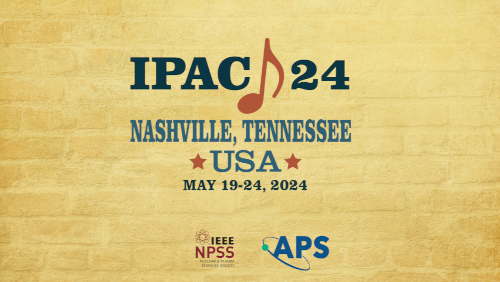Speaker
Description
SIRIUS is a 4th generation synchrotron light source built and operated by the Brazilian Synchrotron Light Laboratory (LNLS). Recently, investigations of noise sources and the storage ring RF plant identification enabled a fine-tuning of the Digital Low-Level Radio Frequency (DLLRF) parameters. This paper presents the main improvements implemented, which include the mitigation of 60Hz noise from the LLRF Front End and the optimization of the control system parameters. Optimizations in the machine were based on an adjusted model of the SIRIUS storage ring RF plant. Tests with the model's parameters showed that the system's stability was strongly dependent on phase shifts introduced by nonlinearities from the high power RF sources. The new parameters significantly improved the control performance, increasing the bandwidth of the system and reducing longitudinal oscillations. BPM (Beam Position Monitor) and BbB (Bunch-by-Bunch) systems were employed to quantify longitudinal beam stability improvements.
| Region represented | North America |
|---|---|
| Paper preparation format | LaTeX |
